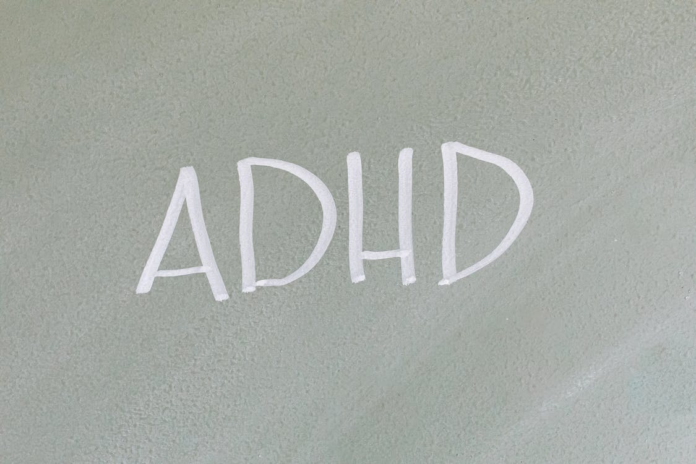Attention deficit hyperactivity disorder (ADHD) is a mental disorder that affects people’s behavior. These individuals tend to seem restless and impulsive and may have trouble concentrating. It’s a mental disorder that can be found in children and adults.
Childhood ADHD has a global prevalence between 2% and 7%, but on average, it’s prevalent for about 5%. ADHD and its symptoms change with age; however, about 65% of adults retain their symptoms in adulthood. There’s a 4.4% prevalence of this disorder in adults.
With such a big percentage, it isn’t a shock that someone close to you might be diagnosed with this. When a loved one gets diagnosed with ADHD, it’s normal for you and the patient to feel overwhelmed. Offering support and care is the only thing you can ever do as their companion, friend, or significant offer. Here are some of the things you can do to ensure that your loved one with ADHD feels cared for and supported.
Hit the Books
People with mental health disorders, including those with ADHD, often feel misunderstood by the people around them. Their extreme inability to focus can often be mistaken for laziness, while their hyperactivity is for attention-seeking purposes.
Of course, you can’t fully understand exactly how your loved ones feel and think; however, hitting the books is one of the steps you can take to see things from their perspective.
You can read articles online, books, or news. You can even hit up the DSM-5-TR to learn about their diagnostic symptoms. You may even search online for some good adhd medications appropriate for your loved one’s age, medical condition, and many more.
Reading up on these things can help you form an opinion and knowledge about ADHD. It’s no surprise that you aren’t an expert, but having your set of information at your service can help you care for your loved one much better.
Avoid the Parent-child Dynamic
ADHD symptoms can cause their loved ones, like you, to pick up after them or act like a guardian or parent whenever they have unfinished tasks, or you want to protect them from themselves.
While these sentiments come from a good place, you must understand that you’re dealing with someone with ADHD, a mental health disorder. You want to ensure that every action you make is with the motivation to help them get better, not worse.
Try to become more aware of your actions and tendency to do this. Ensure that you resist the temptation and remind yourself why you’re restricting yourself, e.g., to let them get better.
When you apply the parent-child dynamic to your relationship, it can be highly demotivating for these patients. Thus, try to be more encouraging and remember when to take breaks and step away from the situation to get yourself back on the right track.
Communicate and Understand
Many will tell you that communication is essential when it comes to relationships. However, they don’t tell you that comprehension is just as important.
It’s equally crucial that you get comfortable communicating with your loved ones about your concerns since it’s good to address any issues that concern you once they arise. It’s so that your list of grievances won’t become a long list that becomes unmanageable and results in anger and resentment.
Indeed, it can be challenging to communicate even in the best of circumstances, especially when you add a mental health condition to the mix. But remember that it’s something you should do to avoid conflict.
Also, listening to your loved one is equally vital to your relationship. A person with ADHD would need twice the support, so it’s critical that you listen to their needs, wants, feelings, and the things they don’t usually say. Show that you’re listening by staying calm, not interrupting, and having positive body language. Be empathetic and genuine in your conversations.
Separate the Person From the Symptoms
If you want to ensure that you’re showing your loved one with ADHD that they’re loved, cared for, and supported, you have to have enough sensitivity in you to separate the person from their symptoms.
Avoid thinking and telling them that they’re so irresponsible and unfocused. Trust that they already know these things and are trying to change for the better and even for you. Please treat them with kindness instead and assess what they need. It would help if you taught yourself to think that it’s their ADHD that makes them act this way. Hence, they need at least an ounce of your patience and compassion.
Final Thoughts
It can be overwhelming to hear that your loved one has ADHD. It’s a challenging mental health condition, but don’t let this condition overwhelm you too much. Remember that they’re more than their condition. They also deserve to be loved, cared for, and supported, and you can do that by following the information stated above!
When taking care of your loved ones, ensure that you’re also taking care of yourself. It’s the top essential thing if you want to help someone else. There’s a reason why we’re instructed to put our oxygen masks first on an airplane in an emergency. Ensure that you’re in the right headspace before supporting another person.




